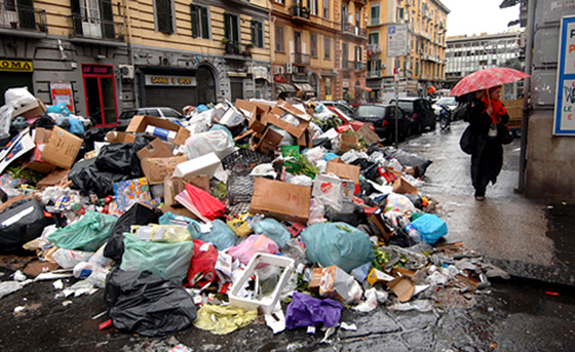Introducing EcoEffort, the revolutionary community-based app designed to empower individuals to take action towards cleaner streets and neighborhoods. At EcoEffort, we believe that fostering a sense of collective responsibility is the key to creating lasting change in our communities. Our app serves as a centralized platform where users can come together to identify, locate, and address areas in need of cleaning. Whether it's litter-strewn sidewalks, neglected alleyways, or overflowing trash bins, EcoEffort provides the tools and resources necessary to tackle these issues head-on. One of the core features of EcoEffort is its interactive map, which allows users to pinpoint and mark dirty locations in real-time. Through crowdsourced data, users can quickly identify problem areas and coordinate cleanup efforts with fellow community members. By harnessing the power of technology, EcoEffort makes it easier than ever for individuals to make a tangible impact on the cleanliness of their surroundings. But EcoEffort is more than just a mapping tool – it's a hub for community engagement and collaboration. Users can join local groups and initiatives, participate in cleanup events, and connect with like-minded individuals who share a passion for environmental stewardship. By fostering a sense of camaraderie and shared purpose, EcoEffort empowers communities to work together towards a common goal: creating cleaner, safer, and more vibrant neighborhoods for everyone. Join the EcoEffort movement today and be a part of the solution. Together, we can make a difference, one street at a time.
Figma
Effects of littering

Littering in cities has pervasive and multifaceted effects on the environment, climate, and communities. Firstly, discarded waste contributes significantly to pollution, particularly in urban areas where population density is high. Plastics, in particular, take hundreds of years to decompose, releasing harmful chemicals into the environment and posing serious threats to wildlife. Moreover, littered areas can become breeding grounds for pests and diseases, exacerbating public health concerns. The accumulation of litter also degrades the aesthetic appeal of neighborhoods, leading to a decline in property values and quality of life for residents. Beyond its immediate impact on aesthetics and public health, littering also plays a role in climate change. Improperly disposed waste often ends up in landfills, where it decomposes and releases methane, a potent greenhouse gas. Additionally, the production and transportation of single-use plastics contribute to carbon emissions, further exacerbating climate change. As cities continue to grapple with the consequences of urbanization and population growth, addressing littering becomes increasingly crucial in mitigating its adverse effects on both local communities and the global climate. Through concerted efforts in education, enforcement, and waste management infrastructure, cities can work towards cleaner, healthier environments and more sustainable futures for their residents.
Actions you can take

You can take proactive steps within their neighborhoods to combat littering and promote a cleaner environment.You can use our app Ecoeffort to volunteer for local cleanup initiatives is a direct and impactful way to address litter accumulation. By organizing or participating in community cleanups, individuals can remove litter from public spaces such as parks, streets, and waterways, helping to restore their neighborhoods' cleanliness and aesthetic appeal. Additionally, donating time or resources to organizations focused on environmental stewardship and waste management can support broader efforts to address littering. Contributions to organizations that promote recycling, waste reduction, and litter prevention programs can help fund initiatives aimed at raising awareness and implementing sustainable solutions. Moreover, individuals can lead by example through their own actions by properly disposing of waste and recycling materials. Educating neighbors and advocating for responsible waste management practices can foster a culture of cleanliness and environmental consciousness within the community. Encouraging local businesses to adopt sustainable practices, such as reducing single-use plastics or implementing recycling programs, can also contribute to efforts to combat littering on a larger scale. By actively engaging with their neighborhoods and promoting collective action, you can play a significant role in creating cleaner, healthier environments for everyone to enjoy.